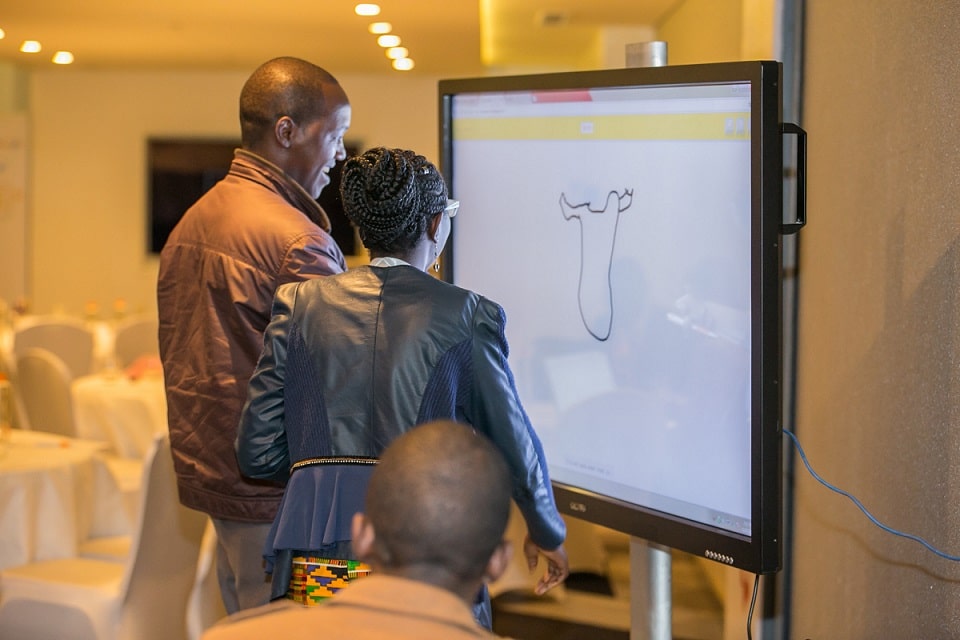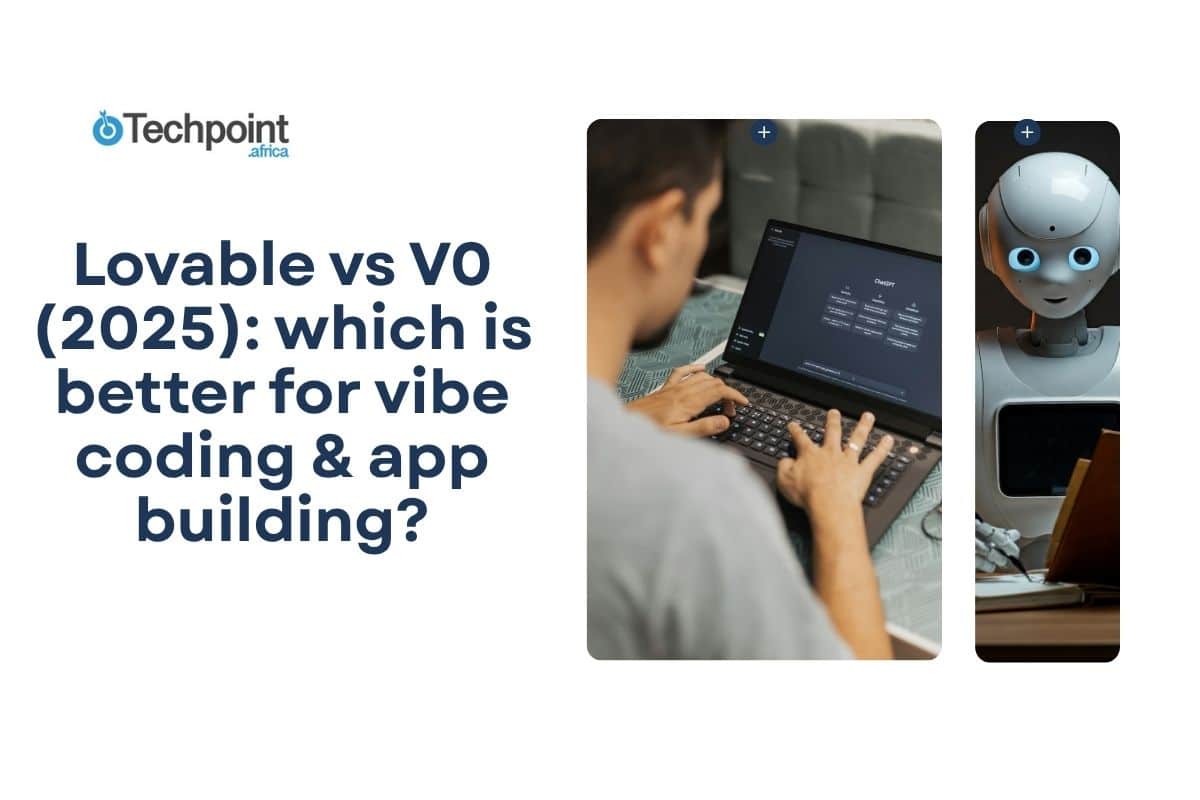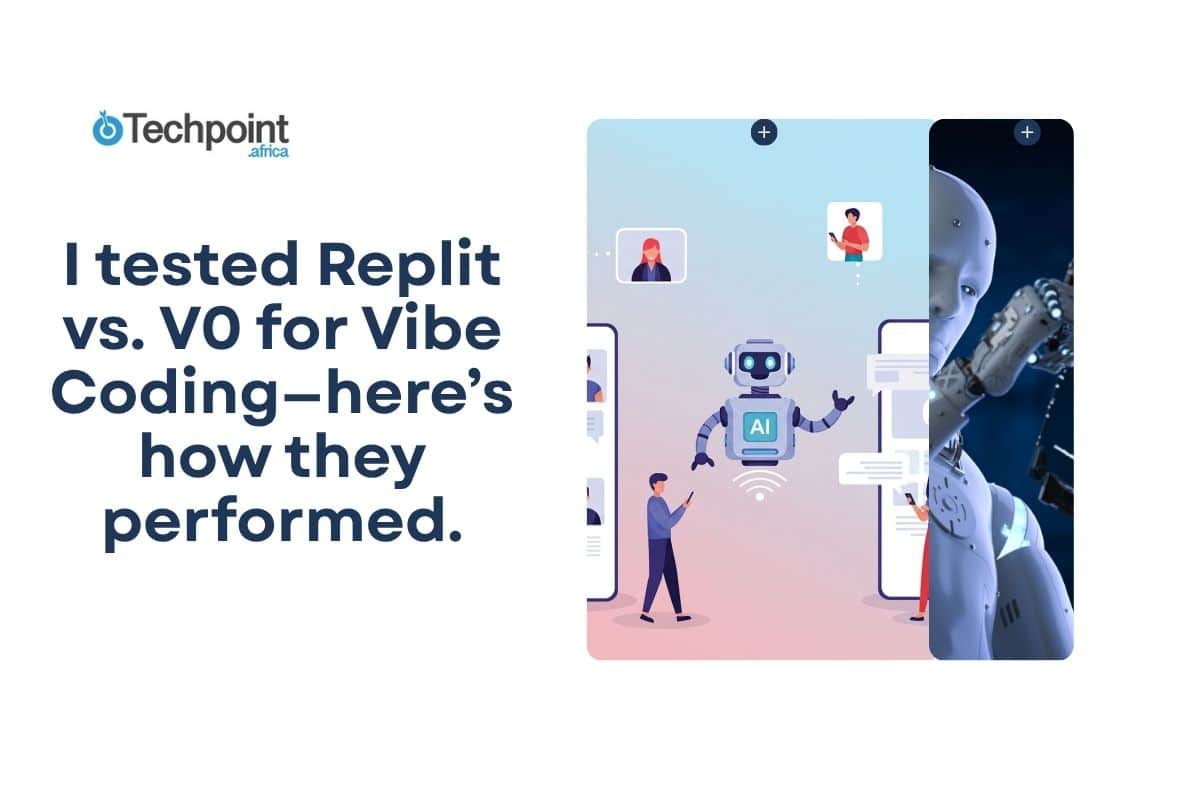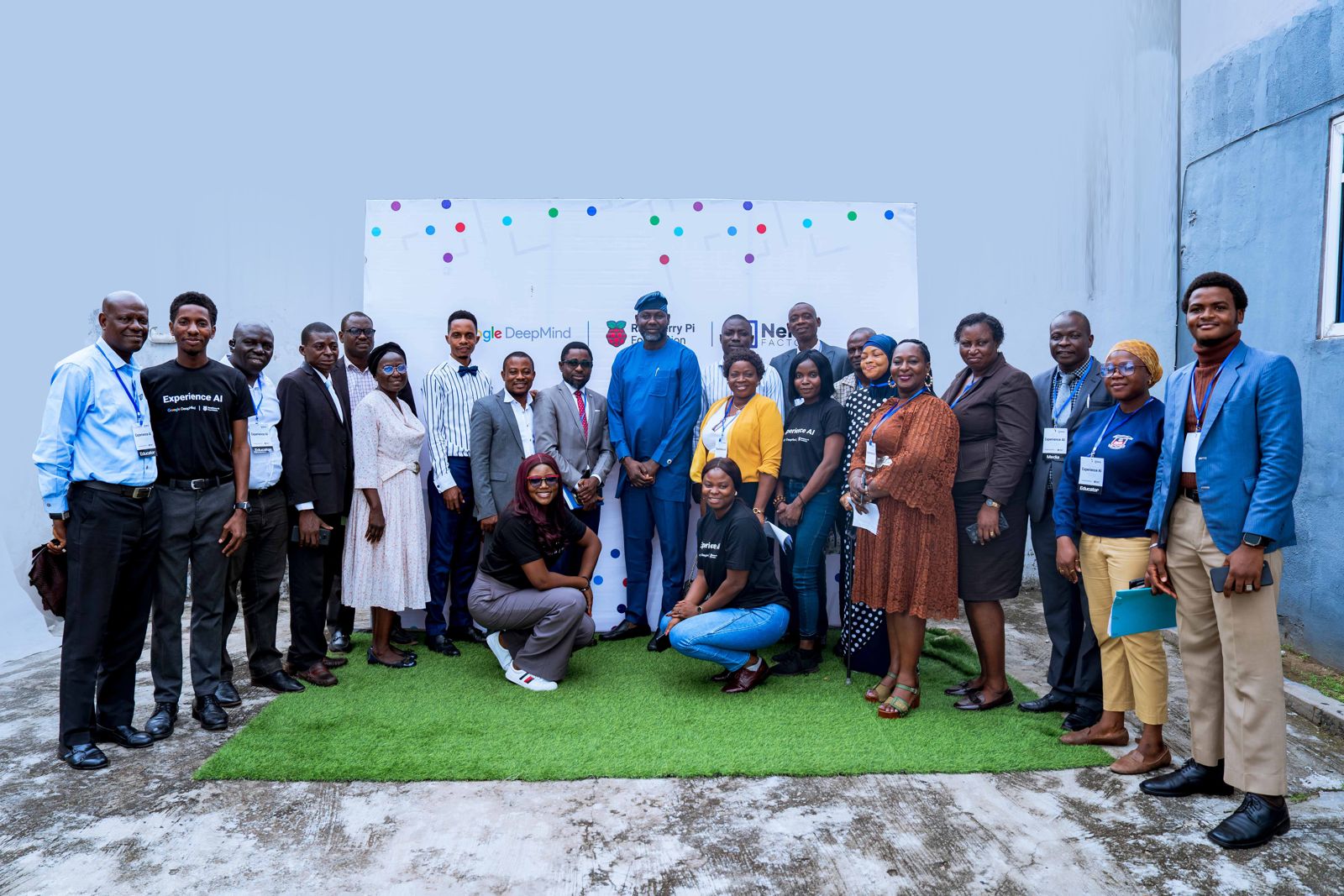On April 7, 2024, Paul Graham, the co-founder of influential startup accelerator, Y Combinator, posted on X where he concluded that an email including the word “delve” must have been written with the help of AI.
Graham argued that the word wasn’t commonly used in everyday conversation, but many Africans — mostly Nigerians — countered, saying they used the word often.
The conversation has since shifted to the fact that people from different parts of the world use the English vocabulary in diverse ways.
The series of conversations that have emerged from this post highlight why Africa needs to step up in its AI game.
In this article, we’ll delve into reasons why Africa needs its own AI strategy.
Loss of cultural perspective
Africa could lose its cultural perspective and nuance to the rapid development of AI because Western developers are doing it in their language.
Articles by Futurity and Grier Rollinson corroborate this viewpoint emphasising that reliance on ChatGPT by people — mostly students — could lead to cultural impoverishment as the AI tools provide responses mostly aligned with American cultures and values.
Even on the OpenAI Developer forum, one developer said, “It doesn’t give information about cultures. I am French, and its answers are American. In the way of structuring their thinking and reasoning.
“This leads to a impoverishment of thought. Everybody will think like Americans. What a shame.”
Potential job losses
Graham’s post also proves that African writers who speak English as a second language could lose their jobs as their work could bear similarities with AI-generated content.
The tweet above, for example, shows that people who are native English speakers will assume content written by a non-native speaker is AI-generated because vocabulary usage differs depending on where you’re from.
A Cornell University paper also reveals that AI detectors will classify written content by a non-native English speaker as AI-generated.
Economic effects
According to Crunchbase, investment in AI startups is growing globally. Out of the $20 billion in global VC funding for February 2024, $4.7 billion went to AI startups, up from $2.1 billion that was invested in February 2023.
AI startups in the US received a large chunk of this funding. Some of them include the humanoid robot company Figure and AI search company Glean.
However, Africa is making little progress when it comes to funding for AI startups. The funding report for Q1 2024 shows that the AI sector was the 10th most funded sector, receiving $4.6 million of the $176 million raised by African startups in the first quarter of this year.
Due to this lack of funding, among other factors, Africa appears to have been playing a mainly observatory role in AI innovation. From policies that regulate these innovations, to AI models made in Africa.
A call to action
One of the reasons for the national artificial intelligence strategy by the Nigerian government is to increase funding for AI startups.
And they’ll need a lot of funding. According to McKinsey, “building a foundational model can cost up to $200 million.”
One sure thing, however, is that AI development is moving at a pace that gives African countries limited time to catch up with Western countries.
This means governments and stakeholders need to come up with creative ways to stay in the running for AI relevance.











